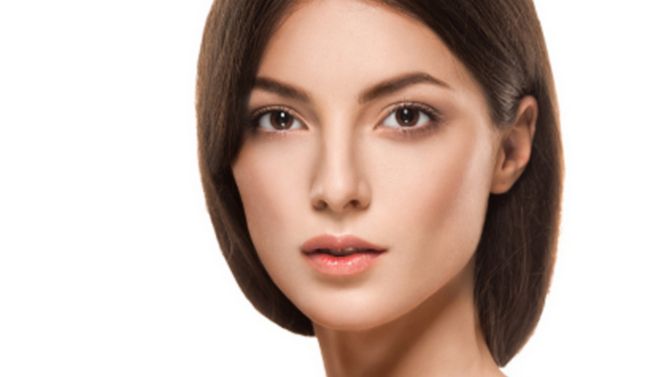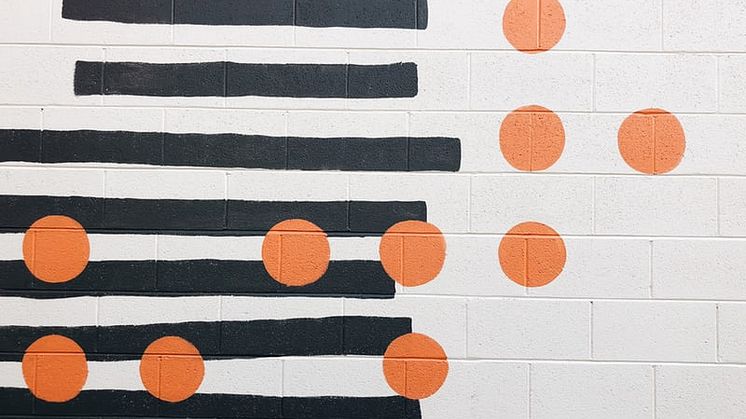
Blog post -
I’m Getting A Lot Of Pimples On My Face. Help!
“If you’re experiencing more blemishes than usual, acne may be a large part of your pigmentation woes.” – Dr Ivan Puah, Medical Director of Amaris B. Clinic
Hyperpigmentation is caused by an overproduction of melanin, which creates darker areas of your skin, which look like patches or spots.
While this condition is relatively common and generally harmless, it can be a cosmetic nuisance.
Typically, the culprits are: an overexposure to the sun; hormonal changes because of pregnancy, oral contraceptives or antibiotics; or acne vulgaris.
If you’re experiencing more blemishes than usual, acne may be a large part of the problem. Dr Puah answers some concerns related to skin problems.
What is acne vulgaris?
Acne is formed when the sebaceous glands, attached to pores containing tiny hair follicles, produce too much oil and get clogged with dirt. The formation of bacteria in these pores results in acne.
Does the food we eat affect acne development?
Have you ever heard the term “beauty is skin deep”? It’s rather accurate, since poor dietary habits such as eating oily or spicy food or chocolates in excess can make you more susceptible to acne vulgaris.
Why? Processed foods, certain starches in carbs plus sugary drinks can make your pancreas produce more insulin, increasing skin oil production.
However, genetics, hormonal changes and stress can also causes acne development, as these change the levels of hormones in your body, which may cause an imbalance in your system.
What is the best treatment for acne and hyperpigmentation?
To keep acne at bay, you must refrain from touching your face with your hands as well as popping pimples.
Instead, apply Benzoyl Peroxide on the spots, and give it time to reduce the swelling.
In addition, we have non-invasive treatments to address hyperpigmentation. One such solution: Amaris B. Clinic’s Hyperpigmentation Treatment. There are various types of hyperpigmentation, and they do not all respond to the same treatment. A correct diagnosis is essential in the prescription of the proper treatment. Our doctor may propose a combination of these treatments or one on its own, depending on your skin health and clinical condition.
You should also try to maintain a healthy lifestyle by exercising regularly, drinking plenty of water and adopting good eating habits.


